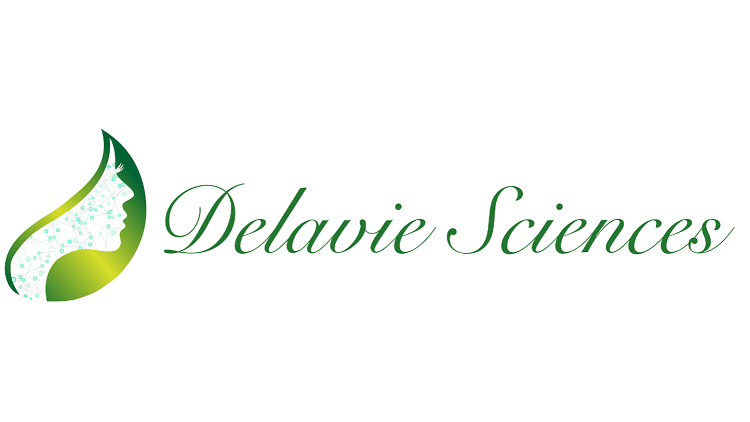Promotional Features
Bacillus Lysate: The Future of Sun Protection
The new ingredient, certified by the Space Foundation TM, can make conventional sunscreen ingredients perform more optimally.
It truly is out of this world. Bacillus Lysate, available exclusively from Delavie Sciences, is a highly versatile ingredient that protects skin from the sun’s damaging rays by improving the efficacy of commonly used sunscreens.
It only takes a few moments for the sun’s rays to begin impacting exposed skin, and overexposure results in skin damage. More specifically, Ultraviolent B (UVB) bands are the culprit behind sunburns, age spots, fine lines and wrinkles.
Ultraviolet A (UVA), which can permeate through clouds and windows, penetrates more deeply into the skin’s layers, accelerating wrinkle development. Therefore, there is a need for effective and safe sun protection. Recently, there has been a lot of scrutiny on UV protection products and their potential negative environmental and health effects. The formulation of future sun-protection products with safe and innovative ingredients is highly desired.
The use of sunscreen is universal. According to the 2020 RealSelf Sun Safety Report, 64 % of U.S. adults say they always or almost always wear sunscreen if they plan to be outside for an extended period of time. Consumer awareness of the importance of sun-protection has significantly increased over the years. For example, the 2020 report showed that 43 % reapply sunscreen every day or most days they wear it, compared to 28 % in June 2019. The dramatic increase in just one year suggests there are abundant opportunities for SPF-boosting ingredients.
The Newest Contender: Bacillus Lysate
A newly launched novel ingredient, known as Bacillus Lysate, is derived from a microorganism that first developed UV radiation resistance from prolonged exposure on the exterior of the International Space Station. Bacillus Lysate was then optimized to show UVA, UVB, High-Energy Visible Light though near-IR/IR absorption properties.
Through a cooperative agreement with government agencies, Delavie’s unique microorganism was developed into a cosmetics ingredient with proven ability to safely absorb and/or block UV radiation in an impressive range compared to similar technologies.
Bacillus Lysate is the first biological-based product certified by The Space FoundationTM , the leading non-profit industry association for recognizing companies that support manned and unmanned missions.
An in vivo study was performed on the efficacy of Bacillus Lysate; it was added to a sunscreen containing conventional ingredients octocrylene, homosalate and avobenzone in two concentrations (3.5% and 7.0%). Results showed that the addition of 3.5% and 7.0% Bacillus lysate boosted SPF up to 50% and 75% respectively. Further research demonstrates that Bacillus Lysate is a broad- spectrum, UV-absorbing technology that provides a natural alternative to chemicals that may negatively impact human health and the environment.
Additionally, Bacillus Lysate has potent antioxidant properties; in testing it demonstrated 92% inhibition of peroxyl radical formation and 95% inhibition of hydroxyl radical formation.
Delavie Sciences’ Bacillus Lysate is available in liquid form and CPG companies can use it in lotions, serums, creams, sprays, hair care products and assorted cosmetic products. It is available in various volumes, and custom volumes may also be requested.
In addition to Bacillus Lysate, Delavie Sciences has also introduced a Hydrolytic Enzyme Complex (HEC) and Osmotic Stress Protection Factor (OSPF). HEC is a patented blend of novel enzymes that can be used as a treatment product, cleaner or essence. OSPF (patent-pending) is a protein that enhances osmotic stress protection and cell viability, which is useful for cosmetic products targeted towards consumers with active lifestyles.
Delavie Sciences is focused exclusively on biology. Its research team curates organisms from extreme environments with the intention of revolutionizing the consumer health-based market. Its MA-based research and development facility allows Delavie staff to engage in a full spectrum of microbiology, biochemistry, molecular biology, and bioinformatic research.

